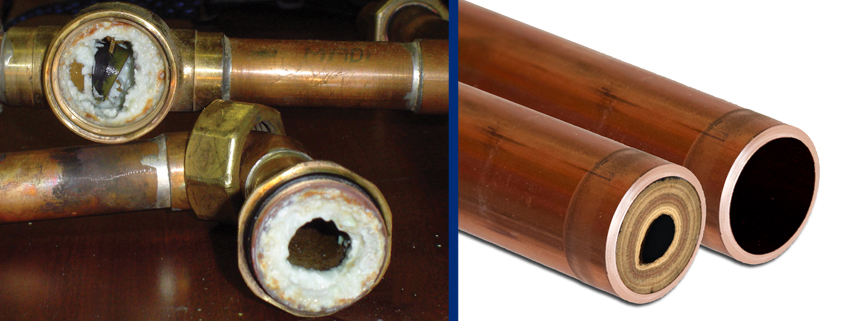Do you know how hard water affects your home plumbing fixtures? Hard water remains a condition where a high level of calcium and magnesium are found in your water. In most cases, the problems of hard water are associated with the municipal source of supply. Drinking hard water is not a healthy gesture for many people.

Hard water can also lead to poor soap lather. The biggest problem of hard water is its negative effects on your home plumbing fixtures. To help you find the best solution to your plumbing fixtures, you should read more reviews on water softeners reviews. This article will give a comprehensive guide to the negative effects of hard water on plumbing fixtures.
Reduction Of Water Volume:
Hard water deposits will continue to pile up in your home plumbing fixtures if no positive action is taken. Incoming lines, drains and bathroom pipes will begin to experience a shortage of water flow. There will be less space for water to flow as calcium and magnesium continue to accumulate on the lining of your home pipes.
While calcium accumulations may not fully block pipes, it can only facilitate the occurrence of clogging. Water pressure within pipes will also experience a spike. The plumbing fixtures of your will eventually experience massive leaks at the end of the process.
Discoloration:
Have you wondered why your plumbing fixtures change color quickly? If this question is causing a massive problem for you, then hard water may be the suspected cause. When hard water continues to flow in the plumbing fixtures of your home, it will undoubtedly lead to mineral accumulations.
These buildups have powerful effects in changing the appearance of plumbing fixtures. In most cases, it will unveil an off-white or flaky yellow color on plumbing fixtures. Showerheads, faucets, and sinks are common items in your home where you can see the negative effects of hard water.
Reduced Lifespan/longevity:
Every plumbing fixture is designed to last for specific time duration. First, hard water will change the look of plumbing fixtures. When this continues to occur, the plumbing fixture will lose their strength and capability to work effectively. For instance, when showerheads retain excess hard water accumulations, it can lead to losing nozzles.
Due to blockages, the showerhead will start spraying water in odd directions. This means that you have to replace the showerhead of your home. In a nutshell, hard water leads to reduced lifespan of your plumbing fixtures.
Corrosion:
Hard water can be corrosive to plumbing fixtures. If hard water flows continuously in your heaters, then expect corrosion to occur soon. Hot water in your bathroom may begin to minimize flow or completely stop when corrosion occurs.
Conclusion:
When the symptoms of hard water begin to occur in plumbing fixtures, it may lead to severe problems. Blocked-up showerheads, flaky deposits on the sinks or faucets and soap suds are some signs of hard water effects. At this juncture, it is essential to contact a water treatment service to get rid of the problem. Water softeners can also help to cover the struggle of this aging problem.
